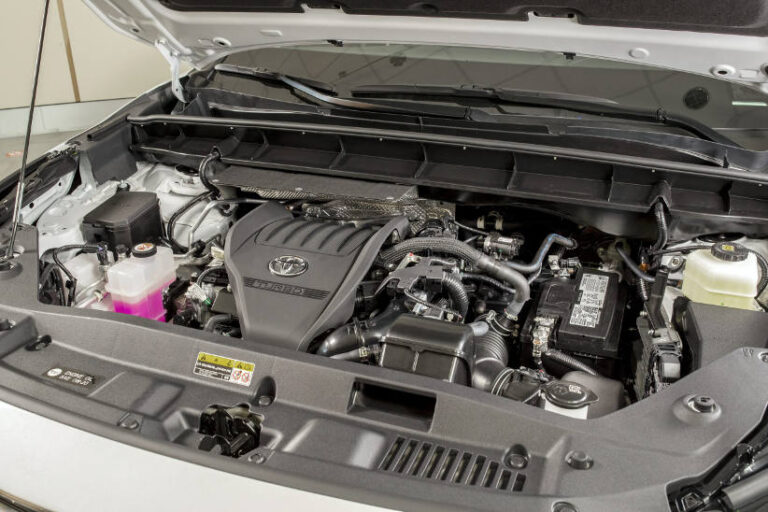What is Fleet Management?
Fleet management is the practice of maintaining business vehicles and keeping them in order so they are safe to use. Consistent maintenance of your fleet is the best way to avoid lengthy down-time and keep operations running smoothly.
Some businesses use paper forms and spreadsheets to monitor vehicle maintenance, however this can be extremely time consuming and stressful. That’s why implementing fleet management software in your system will give you a better grasp of your vehicles.
Fleet maintenance doesn’t have to be difficult. This article will run you throughout how to keep track of your fleet.
Why is Fleet Management important?
Keeping track of your fleet is critical for your company, reducing operational costs and the possibility of expensive repairs, not to mention increasing the lifespan of your vehicles. Not maintaining your fleet leads to broken parts, breakdowns and less fuel efficient vehicles with reduced longevity.
Consistent fleet maintenance means your drivers are safe on their delivery journey, as any vehicle errors can be detected long before an accident occurs. A vehicle that’s in working condition can enhance your fleet’s overall productivity.
Types of fleet maintenance
- Scheduled fleet maintenance is the scheduling and assigning of tasks to a service. It can either be a one-off or recurring maintenance. This can consist of route adjustments, inspections and services. The purpose of scheduled maintenance is to prevent breakdown maintenance and major vehicle malfunctioning. With less wear and tear of your vehicles you can increase their lifespan and minimise the quantity of repairs, allowing your business to save money.
- Unscheduled fleet maintenance is where there is no plan in place for a repair or service. It’s usually the result of unforeseen malfunctioning of your vehicles and only occurs when there is a breakdown. This type of maintenance is more expensive than scheduled maintenance as extensive down time is included. Roadside tyre replacement, or the repair after a vehicle is towed are examples of unscheduled maintenance. Additionally, there are also repairs that are more costly and lengthy, often leading businesses without a vehicle on the road.
Fleet maintenance planning
Keeping track of fleet maintenance is key for your business in keeping up with the state of your vehicles and if they are suitable for the road.
This minimises the possibility for further maintenance, allowing you to save time and money. In doing so, enhancing your operational efficiency.
Planning your fleet maintenance requires you to know what will be covered. The perfect place to start is by reading your vehicle’s manual to assist in creating a vehicle maintenance plan.
You should be looking at:
- Oil change intervals
- Suspension components
- Engine
- Brakes
Having a checklist can be exceptionally handy so you don’t forget what needs to be looked at. Preventative maintenance is a responsibility shared between the driver and technician. Drivers should check their vehicle’s brakes and tyres so they can detect any errors. Technicians can perform detailed inspections of the vehicle for preventative maintenance.
To make their life easier, giving them a checklist will show areas that need to be looked at. That way they don’t just focus on breakdown maintenance.
How to keep track of fleet maintenance
There are a lot of things to consider when learning how to keep track of fleet management. Creating a checklist is critical for preventative maintenance and is a great way for monitoring what needs to be checked and areas needed to be focused on. This can include:
- Fluid leak
- Mirrors
- Cooling system
- Seat belts
Having a precise record of all failures and maintenance in your fleet means you’ll know what needs to be repaired and looked at.
An additional way to manage your fleet is by ensuring your team members are driving safely and not adding to vehicular failure.
Monitoring driver behaviour will give you insight on whether they are excessively idling, speeding or braking harshly. That way you can reduce your vehicle’s wear and tear and see who needs more training.
Implementing a fleet management system can assist fleet managers in making productive decisions regarding your vehicles. No more filling out paper forms and spreadsheets!
Locate2u is a fleet management software that takes the stress away from fleet managers by keeping track of your vehicle’s performance.






